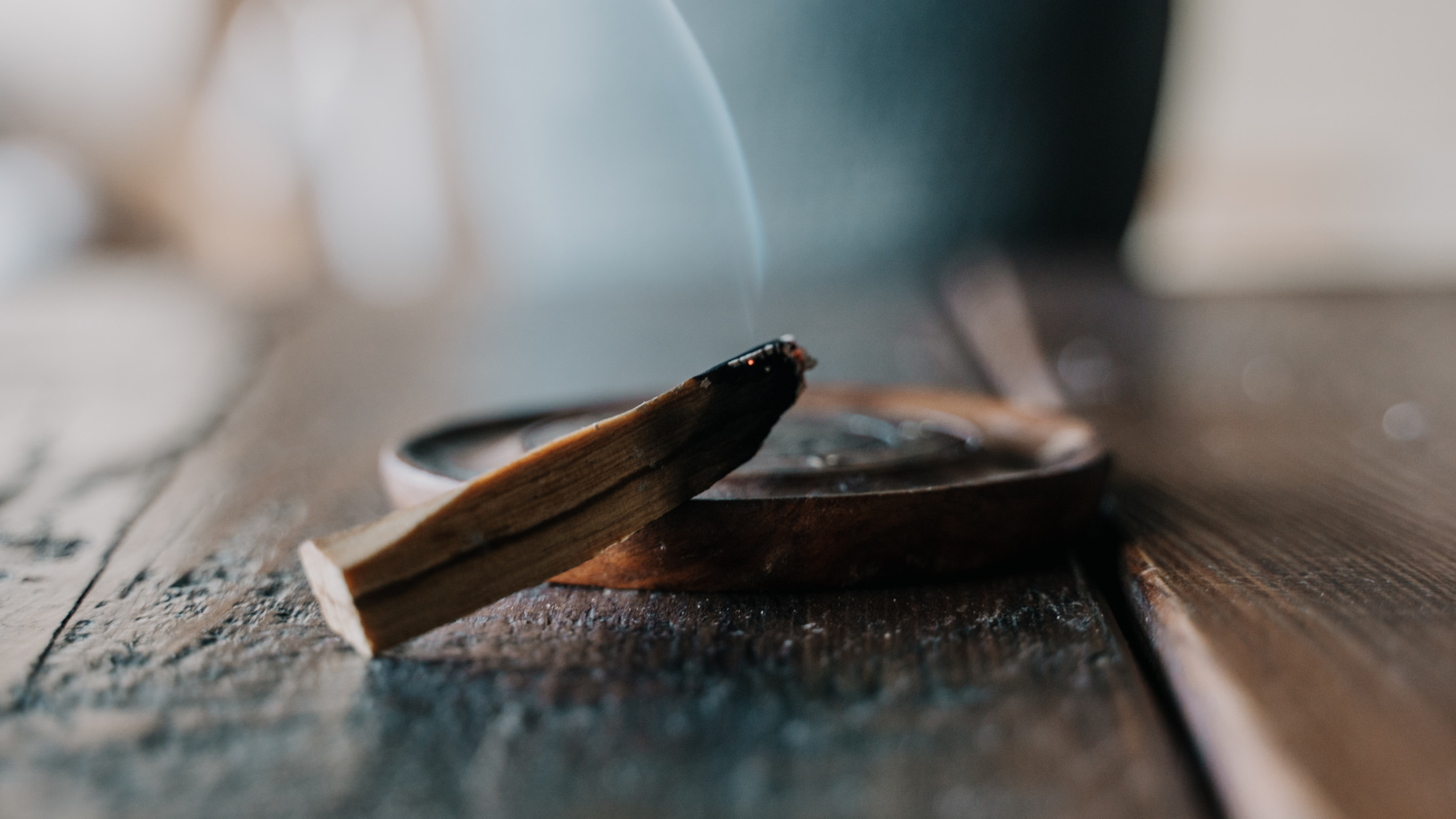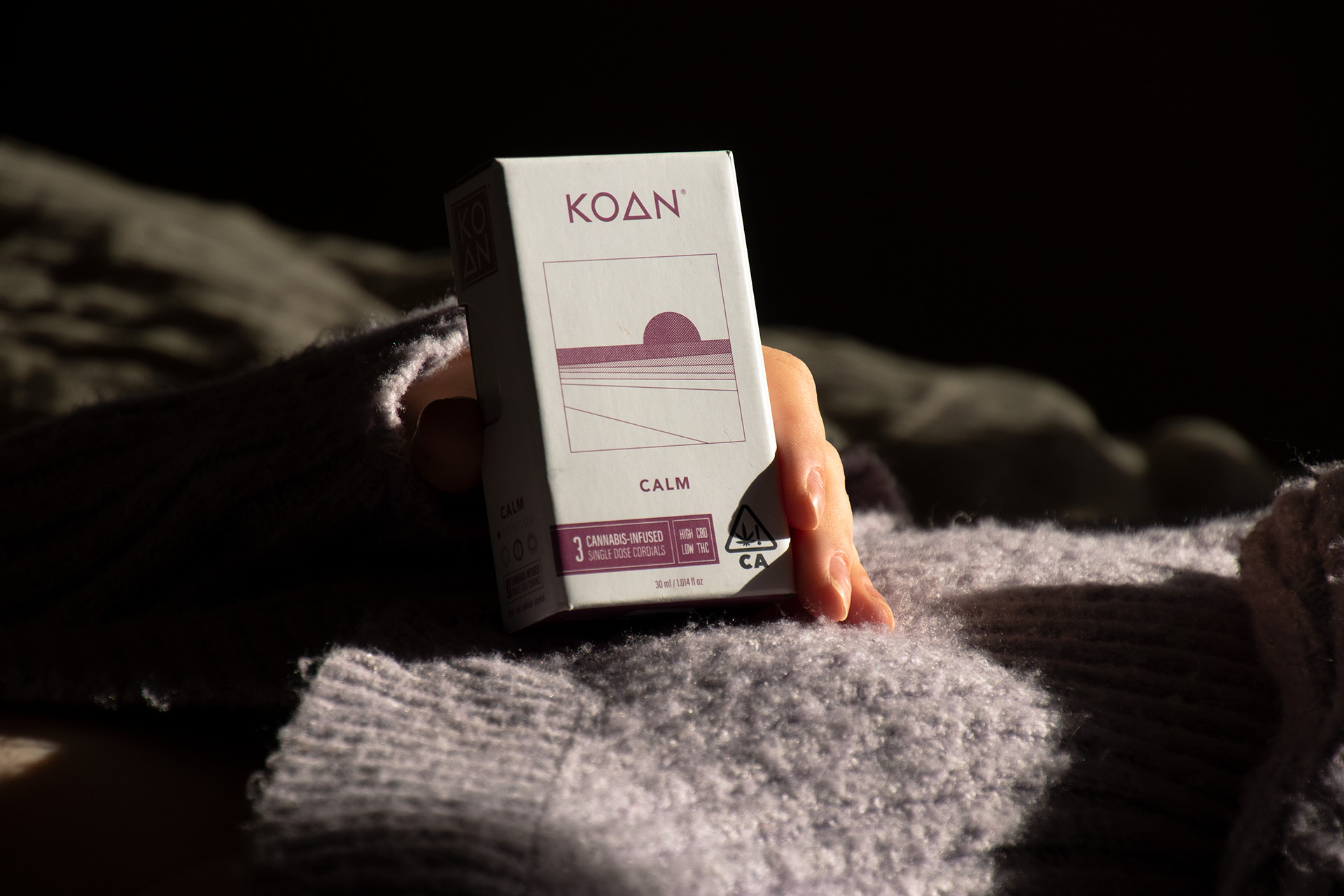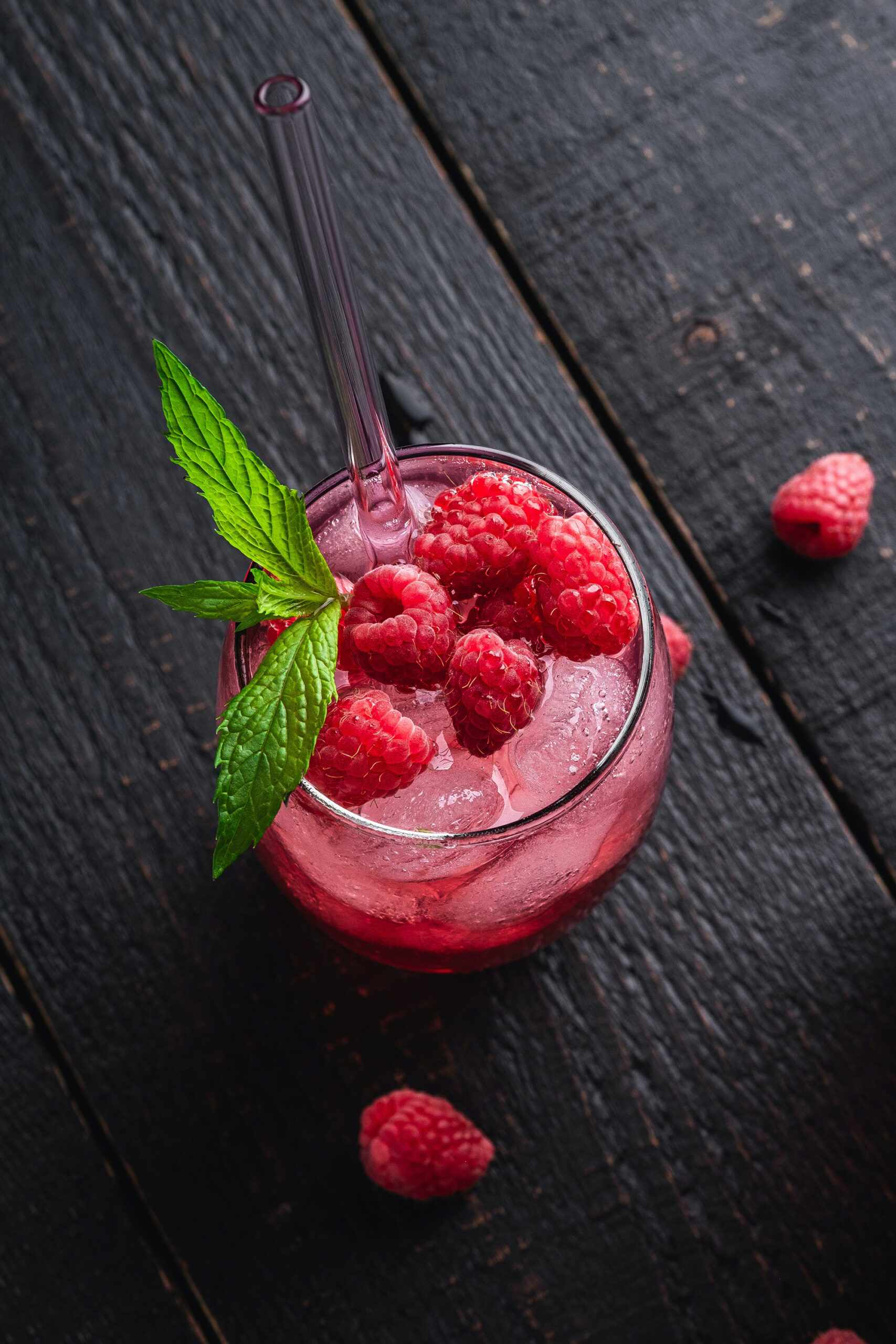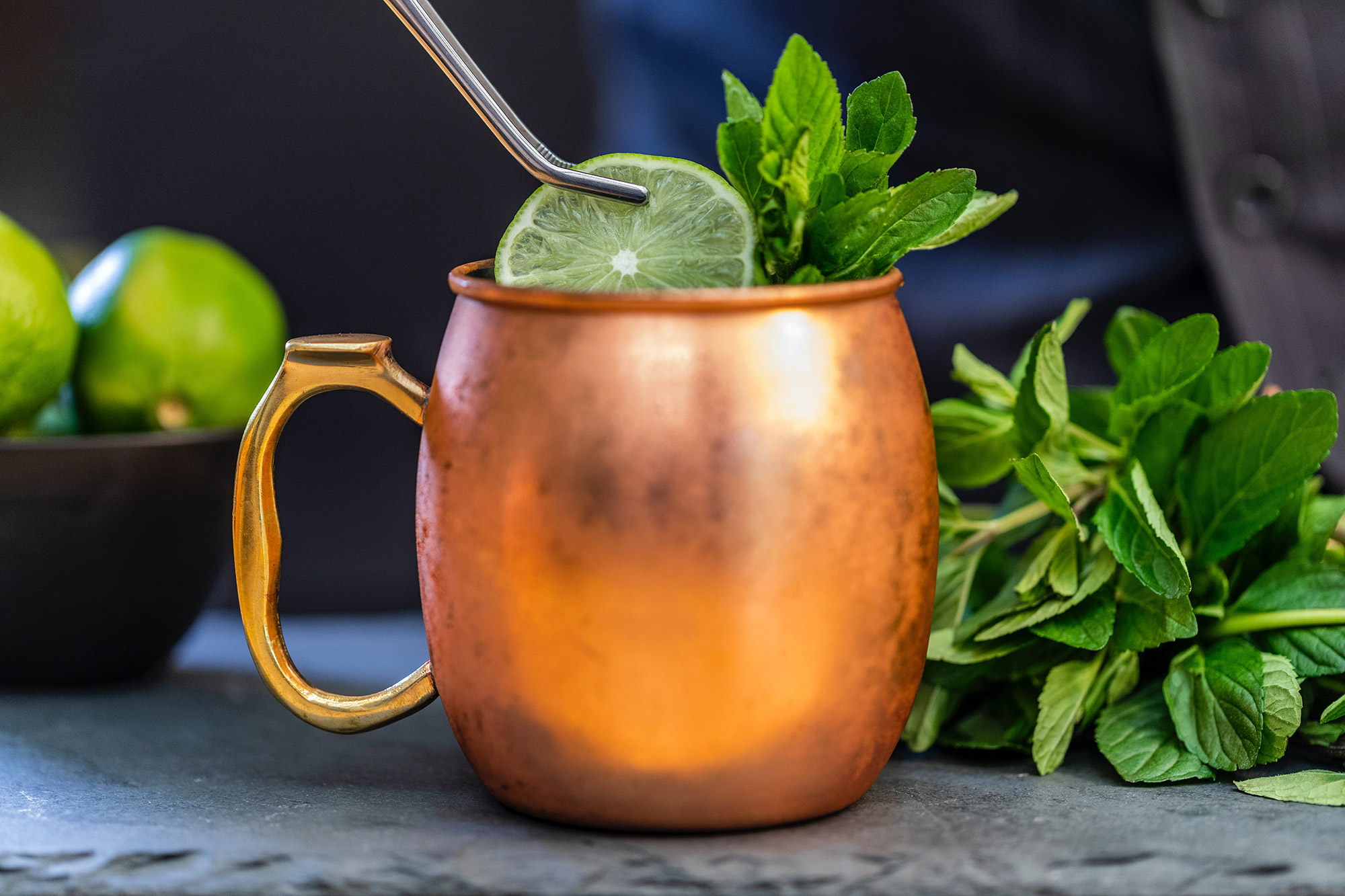Cannabis and Depression: Can Cannabis Make You Depressed?

Table of contents
Cannabis and Depression: What’s the Correlation?
Due to varied genetics, age, and preexisting conditions, people often have different reactions to cannabis. Though the core components of cannabis — THC, CBD, and terpenes — usually produce constant and measurable results, there are always variables unique to each person that can produce undesired effects. So, can cannabis make you depressed? The short answer is ‘yes.’ That said, there are some notable conditions that can increase or decrease your chances of feeling depressed after smoking cannabis (or consuming it in another form).
In today’s guide, we will answer a few important questions regarding the relationship between cannabis use and depression.
Why do I feel depressed after smoking cannabis?
Is it normal that cannabis makes me sad?
Finally, what are some steps I can follow to enjoy cannabis and avoid negative side effects?
If you’re feeling depressed, sad, or anxious when using cannabis, this guide will help you learn some potential reasons, as well as some tips for avoiding these effects in the future.
Can cannabis cause depression?
There are dozens of different factors that can contribute to the positive or negative effects you may experience while using cannabis. If you’re feeling depressed during or after cannabis use, here are a few explanations as to why this might be happening:
Cannabinoid Content
The main reason people experience varying effects when using cannabis is that different cannabinoid content and terpene compositions result in dramatically different emotional experiences. For example, some canna-consumers report that cannabis use renders better results for their mental health problems like depression than they experience with antidepressants. On the other hand, other users have reported symptoms of psychosis or schizophrenia when using potent cannabis products. The point being, as individuals, our brains react uniquely to various inputs. Variables like underlying medical conditions, genetics, and even environment can all lead to various experiences with both cannabis and traditional mental health treatment options.
The CBD level and terpene composition of your cannabis are also important factors. If you only experience negative effects on occasion, it is most likely the result of a formulation or dosage that is not optimal for you. Fortunately, you can easily take control of your cannabis composition and dosage by switching to a cannabis product that is consistently and accurately dosed, like Koan Cordials.
Cannabinoid Sensitivity
As previously mentioned, unique factors about you (age, genetics, pre-existing conditions, diet, etc.) all have an effect on your experience. Some people might have a sensitivity to THC, CBD, or other cannabinoids in cannabis. Given that THC in high concentrations, can lead to undesirable mental health events, it is usually the best compound to begin “dialing in” to discover the dosage that works best for you. Spoiler alert: Most users actually require a lot less THC than they think in order to achieve their desired effects.
High doses of THC are known to trigger feelings of anxiety or paranoia, which is surprising because lower doses have actually shown the ability to produce a calming effect. Therefore, too much THC is probably the first thing to consider if you’re wondering why you’re feeling depressed after ingesting cannabis. CBD can actually dampen some of the negative effects of THC — even at higher doses.
If you feel that THC contributes to your depression — or any other mental health concern for that matter — you can find products with a higher concentration of CBD to help mitigate any negative effects. Alternatively, you can use a product that is more balanced, with more CBD and less THC. If you believe that you are sensitive to THC and suspect that it amplifies mental health concerns like paranoia or depression , you may also want to consider finding a product that contains a balanced blend of other non-intoxicating cannabinoids like CBD or CBG. Additionally, you may look for terpenes that have shown evidence of potential antidepressant effects like limonene, linalool, and beta-caryophyllene.

User Intent
Intent matters more than most people realize. Even if your product’s formula is right for you, the wrong setting or state of mind could result in disappointing experiences. While many people with depression use cannabis to fight the condition, consuming cannabis in a depressed state could actually worsen your symptoms. In other words, if you are already feeling sad, cannabis might amplify your negative mood.
There are two factors within your control that can greatly reduce the onset of depression symptoms when using cannabis. First, ensure that you’re in an environment in which you feel comfortable. If possible, try to be in a place that makes you feel safe and happy. For example, you may feel safe consuming cannabis at home with a loved one, but you may not feel at peace consuming cannabis with strangers in an unfamiliar space.
Second, try to avoid using cannabis if you’re already feeling depressed. It can be tempting to use cannabis as an “escape,” but this can actually do more harm than good. That said, if you can keep the THC level and dosage at moderate levels, research shows that both THC and CBD can have antidepressant effects — regardless of your current state of mind.
Does cannabis make your depression worse? If so, look for these products.
If you find that cannabis may cause or amplify mental health problems like depression, you may not want to abandon cannabis entirely. In fact, there are a number of potential physical and mental health benefits associated with cannabis use. So, what are some products that can allow you to continue enjoying cannabis without the negative side effects?
First, it’s important to note that there is no one-size-fits-all product. Everybody reacts a little differently to cannabis, so finding the right product for you will likely require some research and self-discovery. That said, it’s important to know what to look for in a cannabis product.
Generally speaking, you should choose products that list the amounts of cannabinoids and terpenes so that you can have control over your emotional experience. It may require some experimentation, but you can almost certainly find the right THC & CBD ratios and dosages for you. At the end of the day, the composition of your cannabis is the most important factor.
However, the composition is almost irrelevant if you don’t get the dosage right. Even if you choose a low-THC blend, you could end up smoking or vaping it in large quantities, thereby consuming a high level of THC. This, in turn, could bring on or worsen depression symptoms.
Many wellness-minded cannabis users often opt for consumption methods that allow you to better control the dosages. Smoking and vaping are by far the worst methods if you’re trying to achieve a precise dosage. It’s nearly impossible to get the numbers exactly right with either method, even if you’re using it as a medical treatment. Edibles and tinctures make it easier, but you still have to manage the measurements yourself, which could still result in a bad experience if your product is poorly homogenized [mixed]. Thus, single-dose cannabis products are the best way to get the dosage right and not overdo the THC content. Additionally, single-serving cannabis products like Koan Cordials offer users the ability to predict and repeat experiences due to the laboratory precision in which they’re produced.
Can cannabis cause depression or other mental health issues like psychosis?
Up to this point, we’ve largely focused on the short-term effects of cannabis use. In some cases, cannabis use can result in bouts of sadness or depression. However, it’s also important to look at the long-term mental health effects of cannabis consumption.
Research shows that regularly consuming high concentrations of THC comes with an increased risk of developing anxiety, depression, and mental illnesses. This is why cannabis composition and dosage are so important. Without the right levels of THC, CBD, and terpenes, you could get caught in a vicious cycle of trying to treat your mental illness with cannabis, but only making it worse. It should be said that, in the event you ever feel that your current state of mental health is beyond your control, there is no shame or harm in reaching out to one of the numerous mental health services for guidance. Be it symptoms of psychosis, schizophrenia, depression, addiction, or even if you’re not sure what you’re feeling, maintaining your mental health is just as important as your physical health.

Intentionality can also play a major role in whether or not cannabis triggers depression or another mental illness. For example, if you use cannabis to alleviate anxiety and you understand the composition and dosage you need to achieve this goal, you will be far less likely to consume too much and trigger an adverse mental episode. If you don’t know the best levels for you yet, consider microdosing cannabis with low-THC, high-CBD formulas, like Koan’s Calm Cordial. If you find that your local dispensary can’t keep Koan Cordials on the shelf, you can also order online and have them delivered right to your front door (California residents only).
We are experts in cannabis, but we are not physicians. Therefore, it’s extremely important to seek out professional help if you feel the onset or worsening of depression. While altering your cannabis intake could have a positive effect on your mental state, you should still speak to a doctor before making any major health decisions.
The bottom line
So, can cannabis make you depressed? Possibly.. However, if you can approach cannabis use with the correct intention and control both the composition and dosage, you are far less likely to experience symptoms of depression or other mental health issues. As a result, avoiding the onset of additional depression symptoms with cannabis is largely within your control. Fortunately, brands like Koan Cordials all but eliminate the burden of identifying reliably and accurately dosed cannabis, leaving you with the ability to focus on what matters most, achieving an enlightening relationship with an emphasis on your mental health.
This article is for informational purposes only and not to be used as medical advice. Please speak with a medical professional before making any changes to your diet, medications, or daily routine. These statements have not been evaluated by the FDA. These products are not intended to diagnose, treat, cure, or prevent any disease.
Resources:
- https://www.ncbi.nlm.nih.gov/pmc/articles/PMC4588070/
- https://www.ncbi.nlm.nih.gov/pmc/articles/PMC7324885/
- https://pubmed.ncbi.nlm.nih.gov/3182732/
- https://www.ncbi.nlm.nih.gov/pmc/articles/PMC3691841/
- https://www.ncbi.nlm.nih.gov/pmc/articles/PMC3165946/
- https://pubmed.ncbi.nlm.nih.gov/33332004/
- https://www.webmd.com/depression/news/20200910/more-are-turning-to-pot-when-depressed–but-does-it-help-or-harm
- https://adai.uw.edu/pubs/pdf/2017mjdepression.pdf
- https://www.ncbi.nlm.nih.gov/pmc/articles/PMC6293461/
- https://www.ncbi.nlm.nih.gov/pmc/articles/PMC2689518/
- https://pubmed.ncbi.nlm.nih.gov/22213786/


